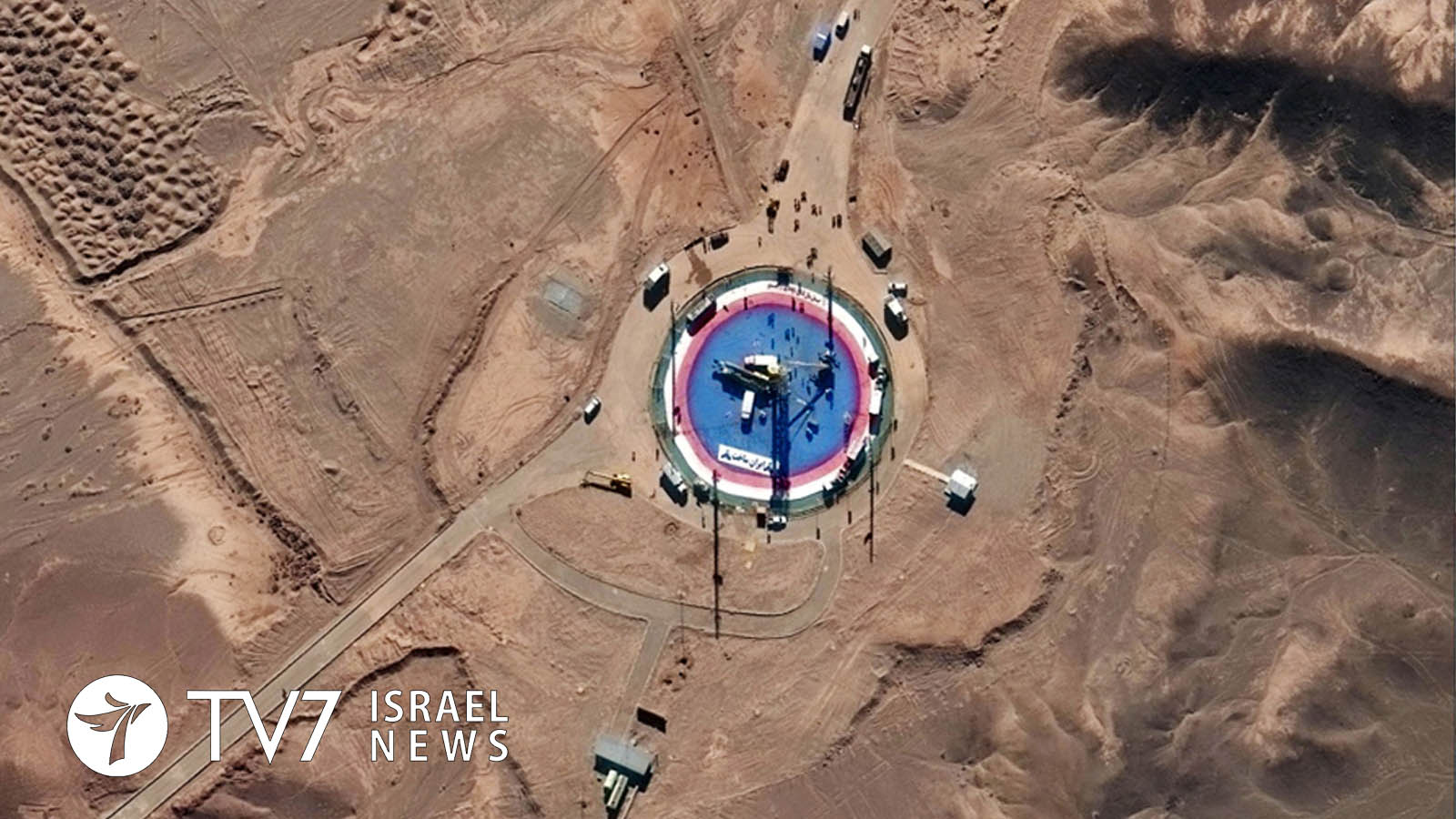Iran’s latest attempt to launch a satellite failed, just as its previous efforts, despite months of preparations by its aerospace industries operated by the Islamic Revolutionary Guards Corps (IRGC).
Domestic media cited the Defense Ministry’s Space Program Spokesman as saying, “Stage 1 and Stage 2 motors of the carrier functioned properly and the satellite was successfully detached from its carrier, but at the end of its path, it did not reach the required speed for being put in orbit.”
Yesterday’s unsuccessful endeavor marks the third time in less than a year an Iranian satellite has failed to reach orbit. Defense Ministry officials nevertheless attempted to portray its latest setback as a “remarkable” achievement for the Islamic Republic’s Space Program.
Iran relies on ballistic missile technology for satellite launches, involving rockets capable of carrying nuclear payloads; in violation of Annex B, Paragraph 3 of United Nations Security Council Resolution 2231; which “calls upon Iran not to undertake any activity related to ballistic missiles designed to be capable of delivering nuclear weapons, including launches using such ballistic missile technology.”
Just hours after the failed launch, IRGC unveiled a new short-range missile, the Raad-500 (“Thunder” in Farsi). Iranian officials boasted the new rocket weighs 50% less with a 200 kilometer (120 mile) increased range over the similar Fateh-110 model, and able to be powered by a new generation of engines designed to send satellites into orbit.
Israeli Prime Minister Benjamin Netanyahu responded on Twitter to not only Iran’s doomed launch, but also to the IDF success in stopping the flow of arms from the Islamic Republic to its proxies such as Hezbollah. “Iran failed to launch a satellite today,” he wrote, adding, “They also fail to deliver weapons to Syria and Lebanon because we operate there all the time, including during these days.”
In related news, thousands of IRGC supporters gathered in the Iranian city of Qom to honor Maj.-Gen. Qassem Soleimani. Despite his 3 January death in a targeted drone strike in Baghdad by the United States, which had designated him as a terrorist, the memorial gathering quickly turned into a festival of hatred against Washington’s ally, Jerusalem. The furious, gender-separated mob was led in screaming chants of “Death to Israel.”
In his address to those gathered, IRGC Deputy Commander Gen. Ali Fadavi spoke in glowing terms about Soleimani’s perceived achievements, including support of Jihadist factions in Gaza. “The Islamic Revolutionary Front in Palestine and Gaza is able to neutralize the Zionists’ capabilities in a matter of hours,” he claimed.
One IRGC supporter identified as Mohammad Vahabi paid tribute to Soleimani by describing him to Reuters as “a world-class commander who made all the people in the world feel safe and happy.”
Others, such as Fatameh Sarmadi, vowed retaliation for the slain commander’s assassination. “We neither expect compromise nor surrender; we only expect revenge,” she said.
